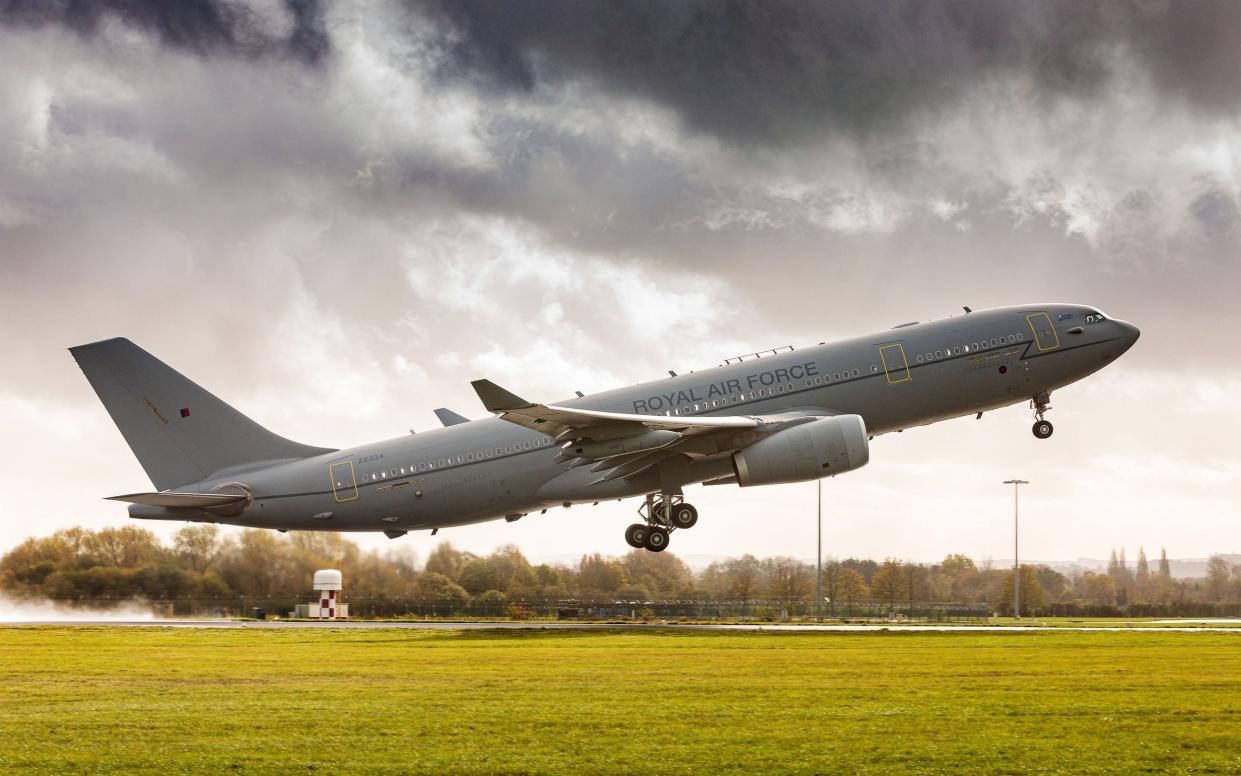Green aviation targets driving cooking oil fraud at ‘mass scale’

Net zero targets aimed at encouraging airlines to use so-called green aviation fuel are driving fraud “at a mass scale”, campaigners claim.
Exporters in China and Malaysia are using virgin palm oil instead of recycled cooking fat to make sustainable aviation fuel (SAF), research from lobby group Transport & Environment (T&E) suggests.
This means that rather than reducing CO2 emissions, the drive to adopt SAF may instead be driving deforestation.
SAF accounts for just 0.2pc of total jet fuel use, although the British Government has ordered UK airlines to lift that proportion to 10pc by the end of the decade.
Cooking oil forms the basis for 80pc of the world’s SAF, making old chip fat a valuable commodity.
However, unscrupulous suppliers are seeking to turn a profit by cutting out the kitchen altogether and shipping virgin palm oil to unwary refiners and airlines.
Malaysia is the worst offender, according to T&E, as campaigners cast doubt over the country’s claims that it exports three times more used cooking oil than it collects.
Last year Britain secured almost 30pc of its SAF from oil shipped from Malaysia.
Cian Delaney, the group’s biofuels campaigner, said: “With Malaysia being one of the world’s largest palm oil producers, it would heavily indicate that used cooking oil is simply a backdoor for palm. Fraud is almost certainly happening at a mass scale.”
China also appears to be engaged in cooking oil fraud, T&E said.
While figures on the collection and export of oil appear to match, China has a large market for “gutter oil” that is illegally resold for cooking.
Taking that into account, there are “strong suspicions” that some exports include virgin vegetable oil mislabelled as waste oil.
SAF production will need to be scaled up 100 times to help airlines reach the 2030 target, according to estimates from Virgin Atlantic, providing a further spur for fraud.
The International Air Transport Association, which represents more than 300 airlines worldwide, said the sector is committed to using sustainable fuel that has been certified by “robust sustainability criteria.”
A spokesman for the lobby group said: “The industry will require SAF from a variety of sources and as volumes increase we expect new feedstocks to emerge.”
All the used cooking oil in Europe
Ryanair alone would need all of the used cooking oil in Europe to reach its target of making 12.5pc of flights sustainable within six years, T&E said.
While unused cooking oil is perfectly safe for blending into jet fuel, it fails to cut an aircraft’s carbon dioxide emissions to the same degree as recycled oil.
Activists also fear that the illicit trade of SAF will encourage the expansion of palm oil plantations, one of the biggest drivers of deforestation in the tropics, according to T&E.
Some biofuels – such as rapeseed oil – are produced directly from crops, but mostly in temperate regions where they’re substituted for cereals already being grown.
Europe burns through 130,000 barrels of used cooking oil a day, eight times more than it generates.
China, with a population of 1.4bn people, is the primary supplier of used cooking oil, exporting more than half of its annual production.

